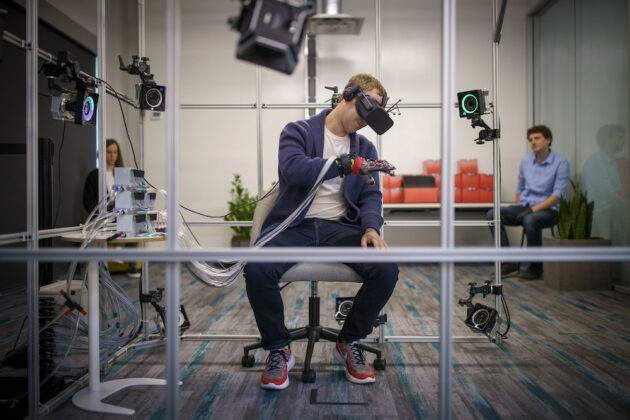The rate of insecurity in Nigeria has worsened over the years with thousands of Nigerians losing their lives and properties from one form of attack to another.
For more than 11 years, Nigeria has witnessed a great deal of violent, destructive and alarming attacks from different terrorist groups in different parts of the country.
Highly developed nations have demonstrated in their studies of criminal justice that mobile phone technology is a powerful crime-fighting tool. Although most experts argue that this technology also makes it quite difficult to tackle certain crimes.
However, the Nigerian government as part of it’s counterinsurgency measures against bandits, cut off communication in Zamfara, Kaduna, and other neighboring states a few weeks ago after a series of attacks in those regions, to control the massive killings and kidnappings that had affected many citizens in the country.
Telecommunication and National Security
Various Information and Communication tools have helped foster the desirable economic growth of Nigeria.
Cell phone communications were first introduced in 2001 and since then, it’s use has grown rapidly. Now, Nigeria has more than 185 million active mobile phone lines, with nearly two million lines added per month to serve its estimated population of 200 million, according to 2019 data from the national telecom regulator, the Nigerian Communications Commission (NCC).
However, The Stability Journal of Security and Development, an academic research institute for security and development revealed that while the mobile phone serves as an instrument for development, it is also an enabler in the hands of insurgents.
Many terrorist group attacks have been coordinated and supported by mobile phones.
What Can Be Done?
When checking insecurity, the NCC Act 2003 (revised in 2019), states that law enforcement agencies in the country have the permission to intercept communications under certain circumstances, mostly related to crime.
The Nigerian Defense Intelligence Agency can use the most powerful phone monitoring tools capable of intercepting data from hundreds of cell phones simultaneously to track the phones of criminals, along with suspects. Although phone tracking raises privacy concerns, it also provides vital information when investigating crimes.
Many people don’t realize that a cell phone is an ingenious location tracking device. They are constantly sending signals to nearby cell towers, even when they are not being used.
Cell phones contain call logs, contacts, text messages, web browser history, email, GPS and other location information, thus cell phone surveillance includes tracking, monitoring and recording of both voice and text messages including the movement of individuals.
Why Does Surveillance Matter?
Remember that in 2013 when Nigerian security forces forcibly shut down mobile phone networks in Borno, Adamawa and Yobe between May and July of that year, the effect of this exacerbated the rate of insecurity by giving way to more attacks by terrorists.
In line with the recent communication outages, the use of mobile phones has evolved to become intricately intertwined with our daily social lives. From business, to the bond of family closeness it provides. It has been a lifeline for many residents of northwest Nigeria who have relied on warning calls to escape the escalating bandit attacks.
Therefore, preventing families from communicating with their loved ones to help boost their chances of survival seems unreasonable. Alternatively, surveillance can always act as a better choice.
Agreeing to cell towers to monitor activity would be a way to dump a limited tow network, pulling in the phone numbers and locations of everyone in the vicinity where an attack is known.
Action Steps
Although it is uncertain whether mobile phone surveillance can actually reduce crime rates in Nigeria, its implementation can serve as a stepping stone to monitoring terrorist movements and improving safety measures.
The government had allotted a budget to spend an estimated 9 billion naira in 2020 to expand and build capacity of spy agency units, to conduct various activities related to surveillance and equipment procurement.
Nevertheless, despite the will to increase surveillance capabilities, Nigeria does not have a comprehensive data protection and privacy law, and expansion without proper safeguards puts civic space at high risk.
However, law enforcement agencies will continually be challenged to obtain the tools and training to conduct competent digital forensic investigations and keep up with criminal activity.

































